The guilt that comes with voting at a farcical election
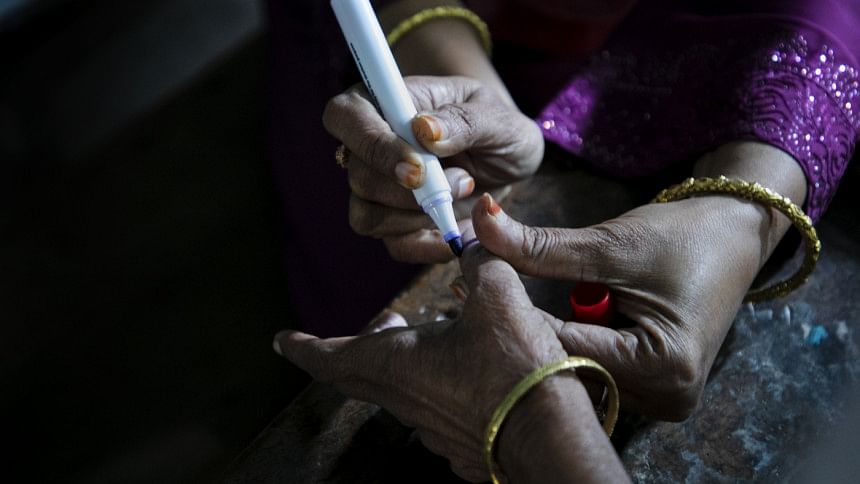
"Eighteen percent of votes were cast till 12pm"—my colleague says to me, reading out a headline.
A sense of self-reproach washes over me. "That's 17 percent more than what the Election Commission had said would legitimise this election," I think to myself. "And I contributed to this."
The 12th parliamentary election marked the first time I cast my vote in a national election. And this is largely due to my being in the profession of journalism.
I grew up in an upper-middle-class family where the practice is to not engage in anything political. Our norm is to keep our heads down and ensure that our loved ones (and ourselves) are fed, educated, and safe. What people fail to realise is that the so-called "I hate politics" generation comes from an older generation of parents who have very little faith in the political culture of this country. Still, having always wanted to be a journalist, I wanted to be more involved in political discourse.
Back during the 2018 election, I was a university student. And while it was the first election at which I was eligible to vote, it was also only a few months after the Road Safety Movement had begun—and no one from my generation should ever forgive this regime's actions in response to the students' movement. So, five years ago, I was in no mood to even acknowledge an election that I knew would see the victory of a government that had no qualms intimidating and physically attacking children for peacefully demanding safer roads.
However, my entire career so far (three years of it) has led to January 7, 2024. I still harbour the anger of 2018 in me, but now I allow it to drive my zeal for work. I have to do my part to highlight what really is happening in Bangladesh's politics, because I have the extreme privilege of being able to reach thousands of people. Whatever my views are regarding our politics and politicians, I feel a sense of duty to stay informed about the truth so I can convey the same to the readers. The same zeal drove my decision to go to the polling centre this election.
Reaching my polling centre venue, I saw a small crowd around a foreign observer, a camera pointed at him. In front of the gate to the centre, one person was getting 20-30 women to line up. Polling agents for the "boat" were the only polling agents the eye could see. My voter's slip in hand, I made my way inside the centre, where Ansar members directed me towards the correct room. Walking towards it, I heard one woman joking to another, "Do make sure you don't vote a second time!" In a matter of three minutes, I cast my vote and walked out of the venue. The foreign observer was gone now, and the women queued up before were now sitting and standing around on the footpath.
Afterwards, once I reached the office—and my own reality—the guilt set in. My desire to fulfil a rite of passage as an adult citizen of this country aside, the fact remains that I have lent my tiny share of legitimacy to this one-sided sham of an election. Unfortunately, for the next few years, until the 13th parliamentary election, I will carry this guilt with me. It's shameful, really, that any citizen of a supposedly democratic country should have to feel this way. In a truly democratic nation, the average citizen's dilemma should have been about not knowing which candidate to choose from, out of multiple worthy ones.
Still, for those wanting a participatory affair come the next election, all we can do is advocate for the democratic elements that can help us be a people's nation. Whenever I think too hard about the future of politics and human rights in the country, my privilege tells me, "Just leave the country. Never come back and never worry about what happens here." But that's not a route my sense of patriotism—which is somehow still alive, albeit battered—will ever allow me to take. In true millennial fashion, I will go against my family's wishes and keep investing my time, efforts, and emotions in the politics of Bangladesh. If only to appease my 22-year-old self, who'd cried herself to a fever and felt utterly helpless seeing the photos of her peers (and those much, much younger) being struck by helmet-wearing, stick-wielding goons—all for wanting our roads to not be deadly.
Afia Jahin is a member of the editorial team at The Daily Star.
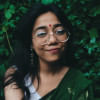
 For all latest news, follow The Daily Star's Google News channel.
For all latest news, follow The Daily Star's Google News channel. 


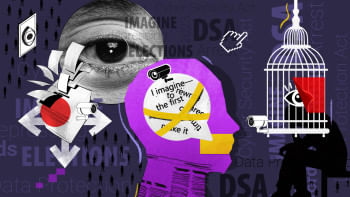


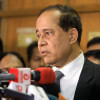
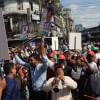
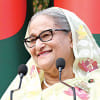

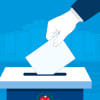


Comments